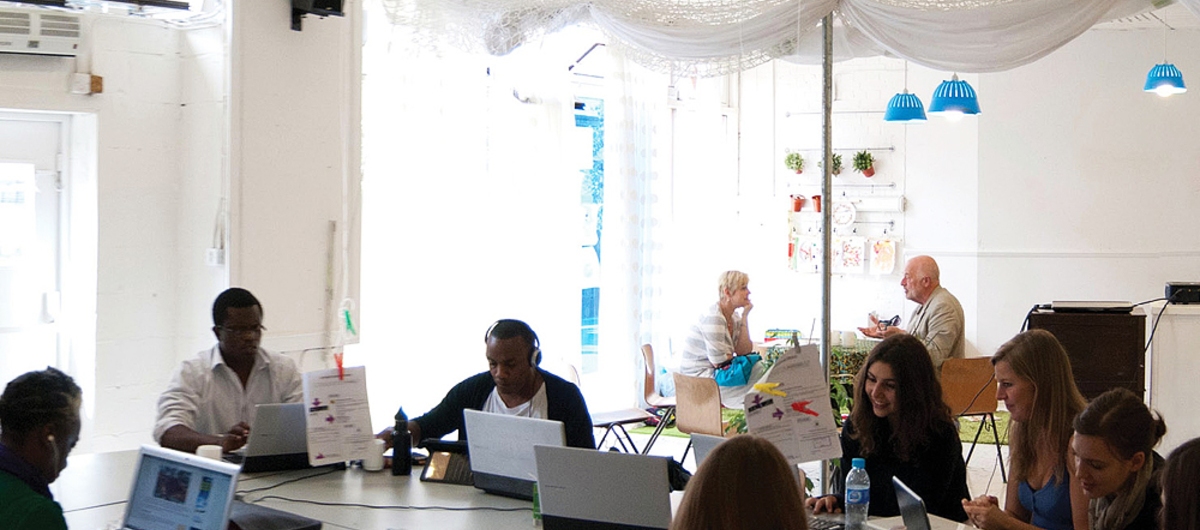Differentiating exchanges
This form of relationship exists primarily between strangers whose main concern is not strengthening a relationship, but rather to gain incidental information and self-reflection. This can be achieved with people you meet once, have a nice conversation and then go your separate ways. Sennett gives the example of conversations between strangers in the cafe at a large table. These types of discussions are also found in coworking spaces.
Even if your neighbor isn’t your best friend or business partner, you can take interesting information from the conversation, and also find some self-reflection. These exchanges do not put the respective prize on the table, but they pursue informal and rarely planned goals, unlike other forms of cooperation, they occur serendipitously. This type of exchange highlights the positive achievements of the individual, but not in a judgmental form.
This is to attract the beneficial side of the exchange spectrum in those who want to avoid, but we want to mention them anyway:
The Zero-sum game
From one loss, another wins, and at the end there is always a zero. The zero-sum game wins the competition against cooperation. But an initial cooperation is still necessary to define the common principles of this game.
Whether one can apply the zero-sum game to coworking is questionable, unless you sit down together in the evening for a round of poker or Monopoly. The winnings of the winner cannot be more than what the loser has lost, and if the winner is nice he will leave the loser of a little something. This left-over keeps the looser in good humor, so that he will be even more forgiving in next game ... and this is how big companies work as well. The more personal relationships with each other, the more likely this behavior can be sanctioned. A zero-sum game is one which seeing one side winning more than the other. On a voluntary level, such as in many coworking spaces, this would result in ending relationships.
The Winner takes it all
The title speaks for itself. It’s all winners and no losers. It's the top of the food chain compared to the rest of the world. But it’s too bad if the top is all incorporated and their food base is turned away from them. These relations usually only work in the case of monopolies (or dictatureships) that have nothing more than themselves left on the market (or in the state). It would be very difficult to find this very one-sided exchange relationship in the coworking environment. Forced cooperation, if one can even speak of cooperation and collaboration, will ultimately be a sum with a minus.
There's more in this congress... Work in Progress
In this article we are only able to scratch the surface in regards to the various forms of coworking, but we see how they can shape the way that we will work together in the future. The more people that enter into self-employment or work as small entrepreneurs - and work together - the more important cooperation based on the principle of reciprocity and win-win relationships become.
Those who want to learn more from Sennett and other experts on the subject, we recommend a trip to the Work In Progress in Hamburg on the 28th of February and/or the 1st of March. Other topics that will be presented at the conference include presentations and panels on collaborative consumption, FabLabs, the rediscovery of cooperatives, farms with free products and biographical zigzag course through work-life and much more. Deskmag will also be reporting from the conference.
:::
Work in Progress, 28.02. & 01.03.13, Hamburg
Kampnagel, Jarrestraße 20
:::
For those who can't make it to Hamburg, there are great alternatives focusing on the topic of coworking and cooperation in two other cities in March:
The Global Coworking Unconference Conference, March 5th & 6th, 2013, Austin
Coworking Conference Australia (CCA), March 1st & 2nd, 2013, Melbourne







